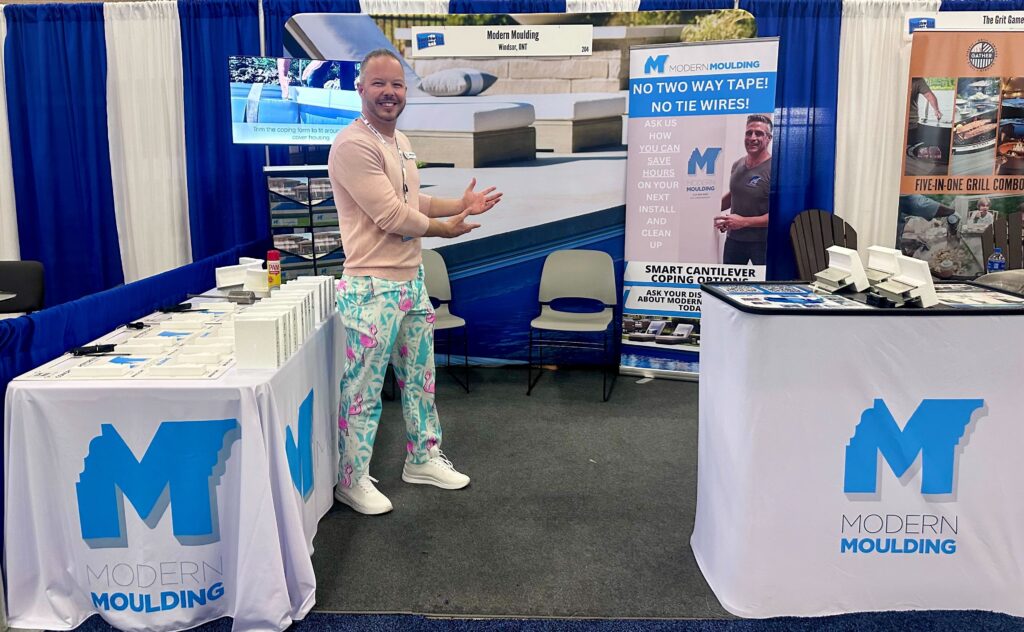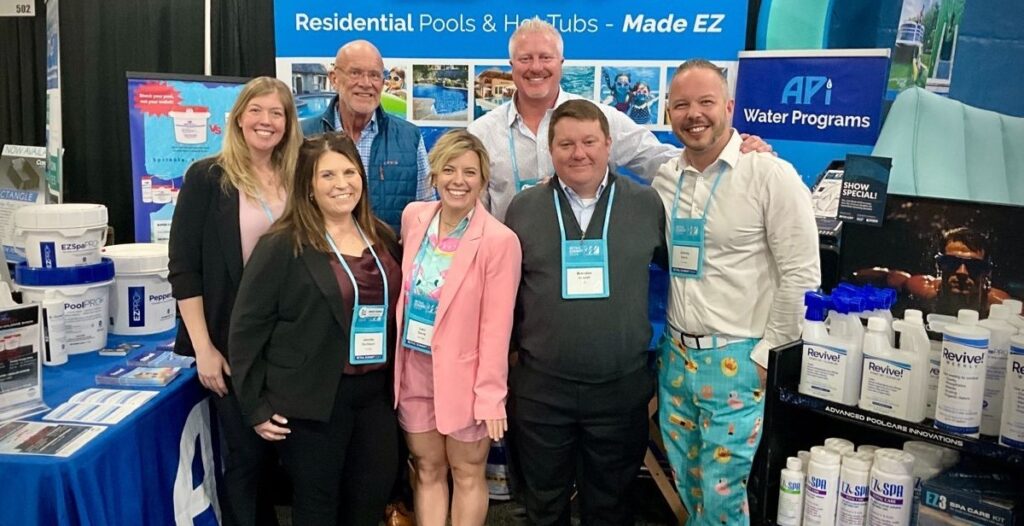A manufacturer’s representative, also known as an independent sales representative or outside sales agent, is an outsourced sales person that sells and markets a manufacturer’s products to wholesale customers. Basically, they serve as an extension of a manufacturer’s sales and marketing team, ensuring products reach the appropriate markets and generate sales. They typically represent multiple manufacturer’s at one time.
Outside sales reps work outside of the manufacturer’s office, often traveling to meet clients, demonstrate products, and close sales. They serve as the link between the manufacturer and the customers, helping to increase sales and expand the manufacturer’s market reach without the manufacturer having to pay for the overhead and travel expenses of expanding their own internal sales team. The rep makes a commission from what they sell.
A manufacturer’s representative firm or agency, commonly known as a “rep firm”, is a company with a whole team of outside sales reps that represent multiple manufacturers and product lines and sells those products to other businesses (in our case swimming pool builders, distribution centers, dealers, and retail store owners).
For a detailed definition and comprehensive overview of manufacturer representatives in general, make sure to check out MANA Online. They are the Manufacturer Agency National Association and a wealth of knowledge for both reps and manufacturers.
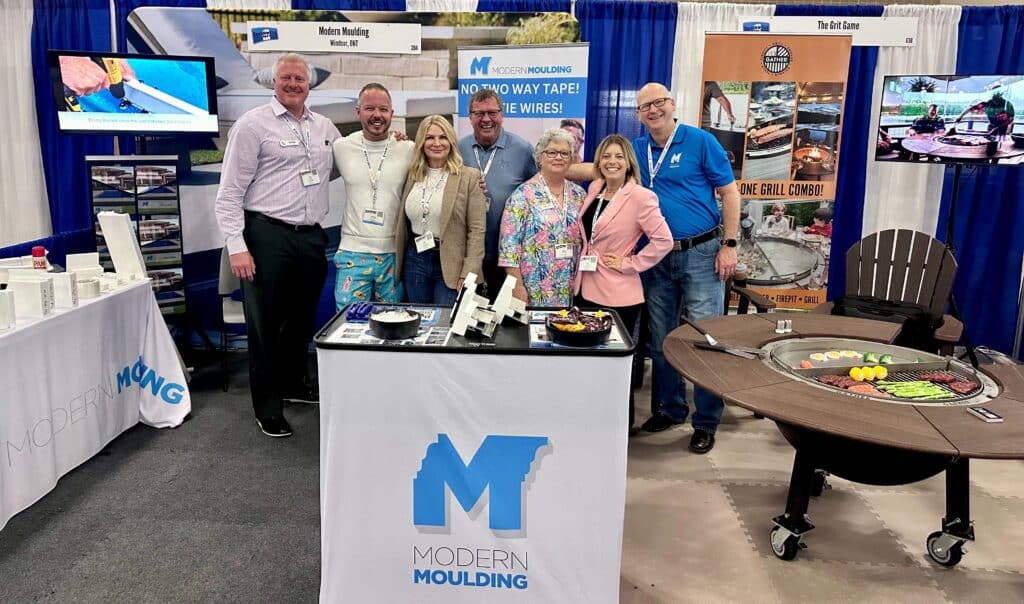
Do Manufacturers Representatives Act as Independent Agents?
Yes, many manufacturers’ representatives act as independent agents separate from a rep firm. They operate their own businesses and still represent multiple manufacturers, allowing them to offer a range of products to their customers but without the added security, resources, or aid that comes from being on a team with a manufacturer’s representative firm or agency.
What Do Manufacturers Representatives Usually Do?
Manufacturers representatives perform a variety of tasks Their responsibilities typically include:
- Promoting and Selling Products: Reps introduce products to wholesale customers, demonstrating their features and benefits to drive sales.
- Building and Maintaining Relationships: Establishing strong relationships with distributors and retailers is crucial. Reps nurture these connections to ensure long-term business success.
- Providing Product Training and Support: Reps often train customers on how to use the products effectively and offer ongoing support to address any issues or questions.
- Attending Industry Trade Shows and Events: Participating in trade shows and industry events helps reps stay updated on market trends and expand their network.
- Gathering Market Feedback and Insights: Reps collect valuable feedback from customers, which they share with manufacturers to help improve products and strategies.
Doherty Associates explore the various advantages of hiring a manufacturer’s represetnative as well.
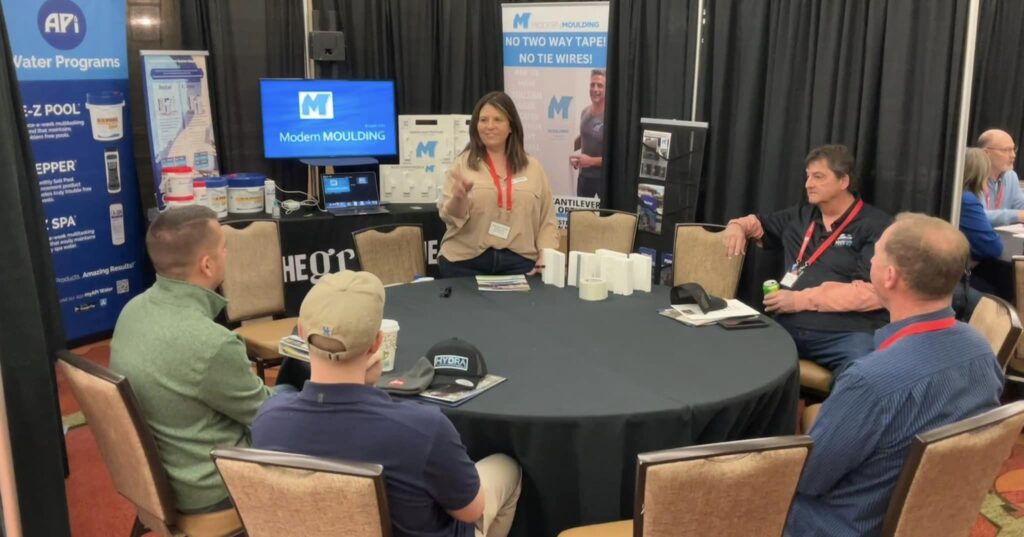
Why Use a Manufacturer’s Representative in the Pool and Spa Industry?
Cost-Effective Sales Strategy
Using a pool and spa manufacturer rep can help manufacturers boost sales while keeping costs low. These rep firms usually work on a performance-based compensation model, which means manufacturers only pay when a sale is made and shipped. This setup reduces upfront expenses and motivates reps to succeed.
Depending on the product line and the effort required to make it successful, some sales reps or agencies may charge additional development fees on top of their commissions. This is especially common if the product line is new to the area (referred to as a pioneering line) and there are no existing sales to maintain. These fees ensure that the rep agency can allocate the necessary resources to effectively develop and expand the market for these clients, providing them with tailored support and services. However, even with these fees, the overall cost is still significantly lower than hiring and maintaining an in-house sales team. Which brings us to…
Financial and Operational Efficiency
Pool and spa manufacturer rep firms cover many costs that come with having a professional sales team. By taking on these costs, reps allow manufacturers to focus on making and improving their products. This financial and operational efficiency includes:
- Employee Benefits: Because they are hired help, rep firms handle the cost of their employee benefits such as health insurance, retirement plans, and other perks. This reduces the financial burden on manufacturers and ensures that the sales team is well-compensated and motivated.
- Travel Expenses: Sales reps travel to meet clients, host table tops, and conduct product demonstrations. The rep or rep firm covers these travel expenses, which can be significant, allowing manufacturers to allocate their budget towards product development and other core activities.
- Scalability: Pool and spa manufacturer representative firms offer scalability that in-house teams may struggle to match. Rep firms can quickly add resources and adjust their efforts based on market demands, providing manufacturers with a flexible and responsive sales force without the need for long-term commitments and expenses.
- Risk Management: By outsourcing sales to a rep firm, manufacturers mitigate the risks associated with hiring, training, and managing an internal sales team. The rep firm assumes these responsibilities, reducing the manufacturer’s exposure to potential HR and operational issues.
- Resource Allocation: With the financial and operational responsibilities handled by the rep firm, manufacturers can allocate more of their resources to product innovation, production improvements, and strategic planning. This focus on core competencies enhances overall business performance.
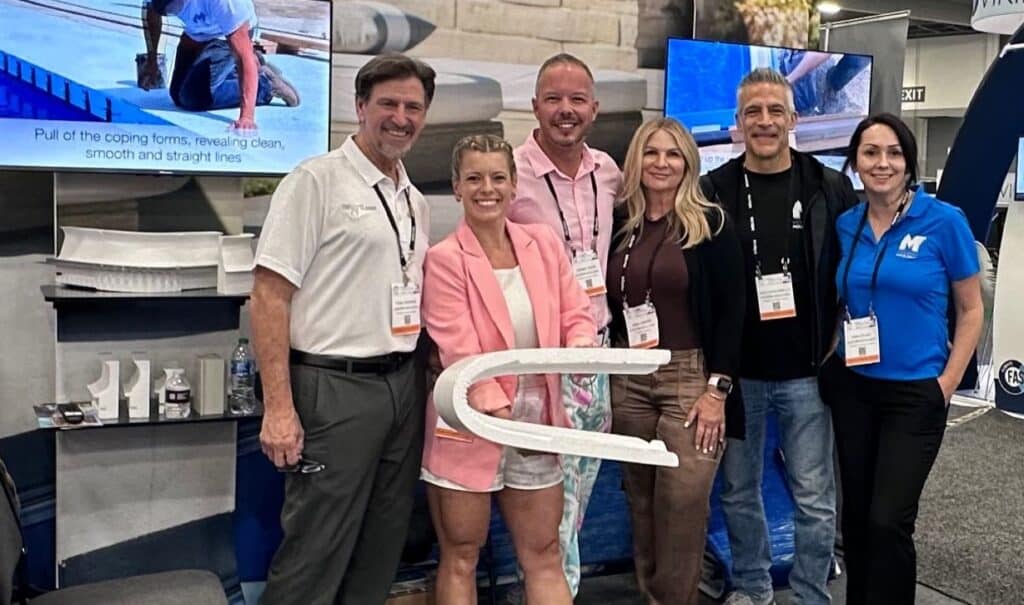
Expertise and Industry Knowledge
Manufacturer’s representatives have in-depth knowledge of their field, in our case the pool and spa industry. They understand the details of various products and know how to communicate the benefits of these products to potential buyers. This expertise includes:
- Product Knowledge: Manufacturer’s reps are thoroughly familiar with the products they sell. This includes understanding technical specifications, features, benefits, and potential applications. They can explain how a product works, its advantages over competitors, and how it fits into the buyer’s needs.
- Industry Trends: They stay updated on the latest trends and developments in their industry. This allows them to anticipate market demands and advise manufacturers on product improvements or innovations that could meet emerging customer needs.
- Regulatory Compliance: Manufacturer’s reps are aware of industry regulations and standards that products must meet. They ensure that the products they represent comply with these requirements, which helps build trust with buyers.
- Competitive Analysis: They have a keen understanding of competitors’ products and strategies. This shared knowledge helps manufacturers position their products more effectively in the market and address any objections or concerns buyers might have.
- Sales Techniques: Manufacturer’s reps are skilled in various sales techniques. They know how to tailor their sales pitch to different types of buyers, whether they are technical experts, procurement officers, or end-users. They can conduct product demonstrations, answer detailed questions, and provide compelling reasons for purchasing their products.
Extensive Market Reach
With established networks of distributors and dealers, manufacturer representatives offer unparalleled market penetration. They leverage their connections to introduce new products and manufacturers to the market quickly and efficiently. This extensive market reach includes:
- Rapid Product Introduction: Manufacturer reps can swiftly bring new products to market by utilizing their existing relationships with distributors and dealers.
- Broad Geographic Coverage: Their networks often cover wide geographic areas, allowing manufacturers to reach customers in multiple regions without setting up local offices.
- Market Intelligence: Reps gather valuable market feedback and insights, helping manufacturers understand customer preferences and market trends.
- Targeted Marketing: They know which distributors and dealers are best suited for specific products, ensuring that marketing efforts are focused and effective.
Strong Relationships
Building and maintaining strong relationships is crucial for manufacturer rep firms. Their long-standing connections with key industry players help them advocate effectively for both manufacturers and customers, ensuring that customer needs are met and products gain visibility.
This is so important that at The Grit Game, one of our 4 core values is “Build Strong Relationships”. We go further into detail on what that means for us here, along with our other core values.
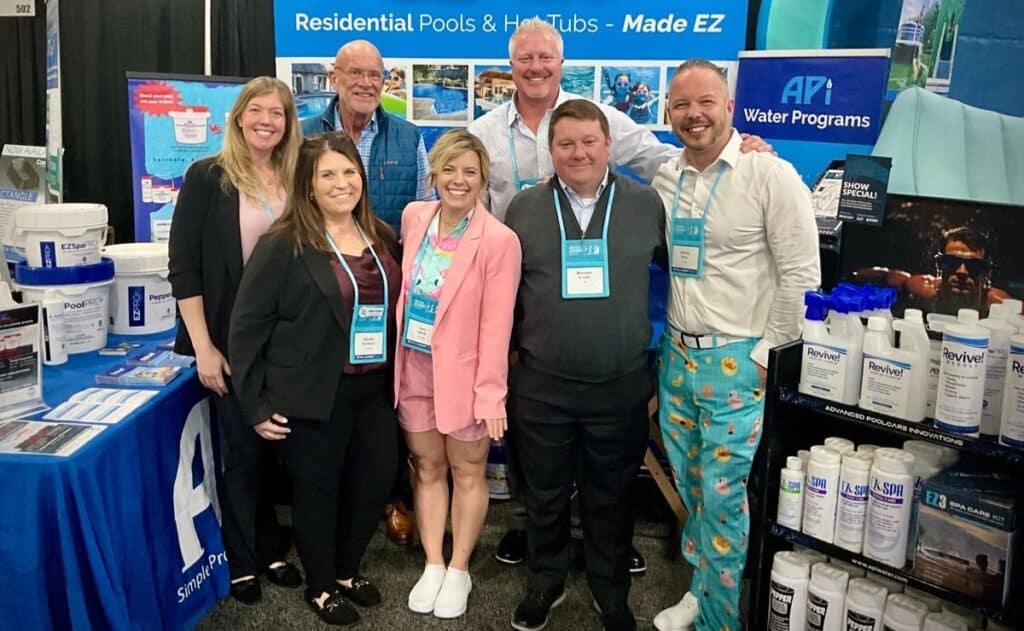
Multi-Line Selling
Pool and spa manufacturer rep firms represent a range of products from different manufacturers. This approach creates synergy and offers comprehensive solutions for clients, helping to accelerate market penetration and drive sales growth by leveraging existing business relationships. This multi-line selling includes:
- Enhanced Opportunities: By representing multiple product lines, reps can get manufacturers’ products into doors they might not otherwise access. For example, a customer may be interested in one product on the rep’s line card (a list of all the products a rep sells) and during that conversation, the rep can introduce additional products from other manufacturers if they’re a right fit for that customer. .
- Comprehensive Solutions: Reps can provide customers with a more comprehensive range of solutions by offering products that complement each other. This makes it easier for clients to find everything they need from a single source. This makes a rep with multi-lines a more welcomed ally that can solve multiple problems for the customer.
- Efficient Use of Relationships: Leveraging established relationships with customers, reps can cross-sell and up-sell products from different manufacturers, increasing overall sales and market penetration.
- Streamlined Communication: Customers benefit from having a single point of contact for multiple products, simplifying the purchasing process and improving customer satisfaction.
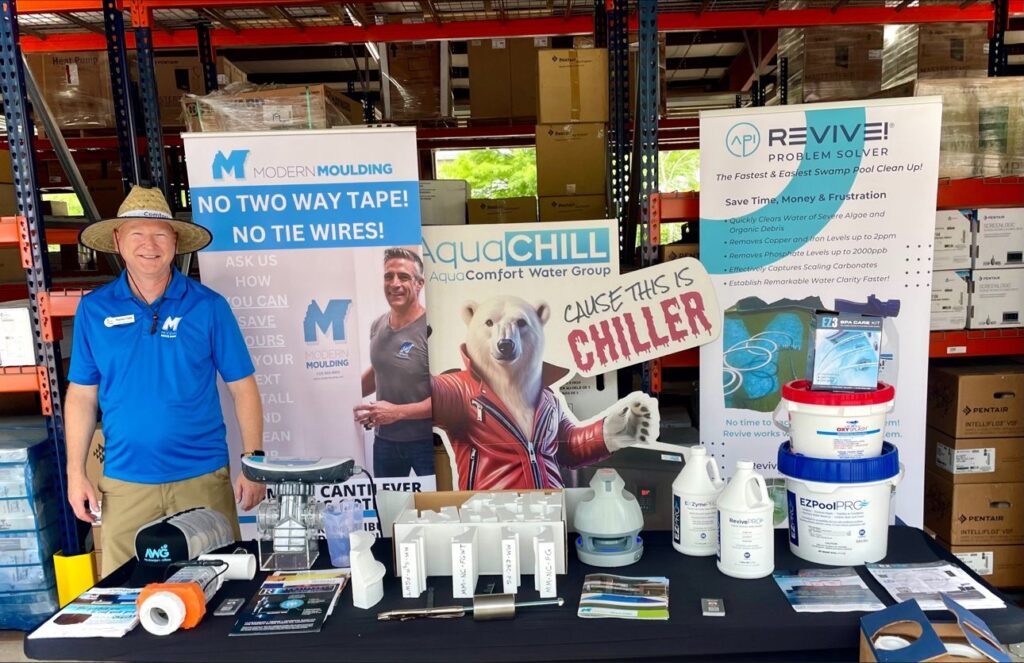
Professional Talent
Manufacturer representative firms pride themselves on attracting and retaining top talent in the industry. Their teams are composed of entrepreneurial, professional, and goal-oriented individuals dedicated to achieving results. This translates into long-term, mature relationships with owners, managers, and decision-makers, providing manufacturers with significant market impact.
Whether a pool and spa manufacturer representatives or a rep for any other industry, these personnel have to be self-motivated and driven to succeed. They often treat their territories as their own businesses, finding innovative ways to achieve sales targets and grow market share. This leans into one of our other Core Values at The Grit Game, “Embody an Entrepreneurial Spirit”.
Dive deeper into the benefits and considerations of Manufacturer Representatives at The Manufacturing Outlook.
How Are Manufacturers Representatives Usually Paid?
How Individual Reps Are Paid
Manufacturer’s representatives, often working as independent sales agents, are typically compensated through a commission-based structure. These reps work directly with the manufacturer and not for a rep agency. Here’s how their compensation typically works:
- Commission: The primary source of income for individual reps is the commission on sales. These commissions are usually higher compared to those received by reps working for a firm.
- No Base Salary: Independent reps generally do not receive a base salary, relying solely on their commissions.
- No Benefits: Since they act as their own business, independent reps do not receive benefits such as health insurance, retirement plans, or allowances for cars and phones. They cover these costs themselves.
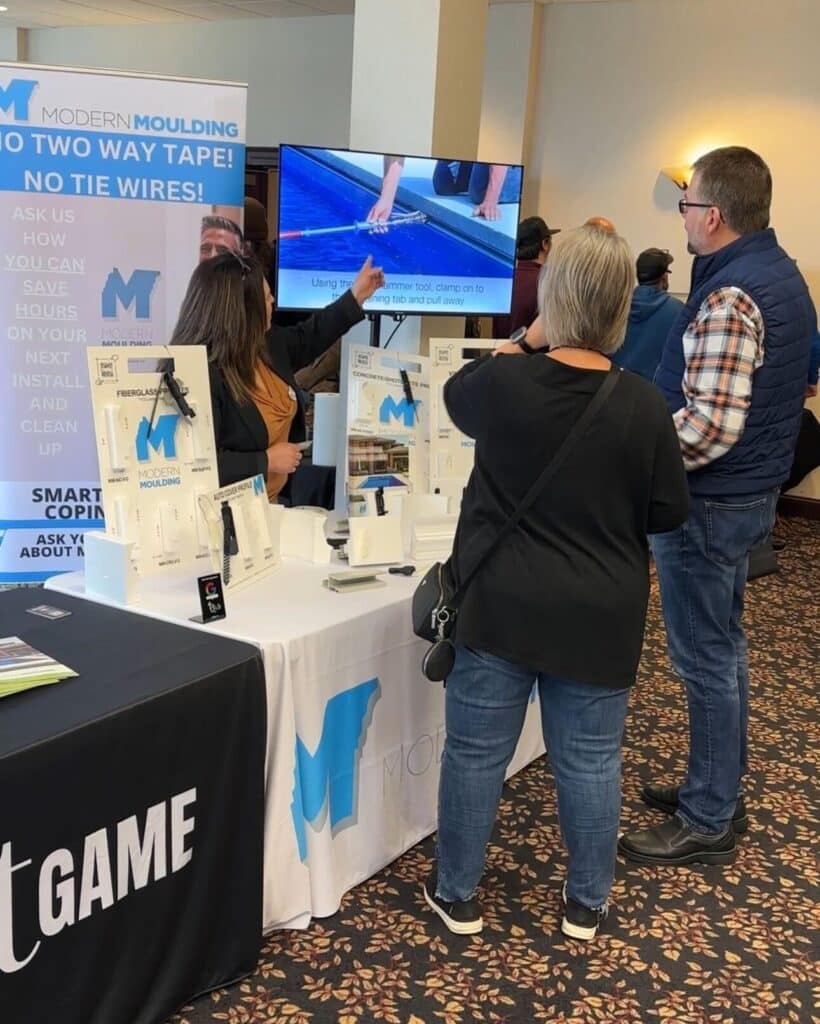
How Reps Working for a Rep Firm Are Paid
Reps who work for a rep firm typically have a different compensation structure. Here’s how they are usually paid:
- Base Salary: Reps working for a firm typically receive a stable base salary, providing consistent income.
- Commission: In addition to their base salary, these reps earn commissions on sales. However, these commissions are usually smaller compared to those earned by independent reps.
- Benefits: Reps working for a firm often receive various benefits, including:
- Car Allowance: To cover transportation costs of frequently traveling to meet with clients.
- Technology: Company phones, laptops, iPads, and other necessary equipment to manage their work efficiently.
- Health Insurance and Retirement Plans: Providing additional financial security and support.
- Performance Bonuses: Rep firms may offer performance bonuses for exceeding sales targets or achieving specific milestones, incentivizing reps to perform well.
How Rep Firms Are Paid
Rep firms, which employ multiple sales representatives, also operate on a commission-based model but their compensation structure can be more complex. Here’s how rep firms are typically compensated:
- Commission on Sales: Similar to individual reps, rep firms earn a commission based on the total sales they generate for the manufacturers they represent. The commission rate can vary and is often negotiated based on the volume and type of products sold.
- Retainer Fees: Some rep firms may charge a monthly retainer fee in addition to commissions. This fee helps cover ongoing expenses and ensures the firm can allocate resources to effectively represent the manufacturer.
- Development Fees: For new product lines or pioneering lines, rep firms might charge development fees to cover the additional effort and resources required to introduce and establish the product in the market. These fees ensure that the rep firm can provide tailored support and services to make the product line successful.
- Performance Bonuses: Rep firms may receive bonuses for exceeding sales targets or achieving specific performance milestones. These bonuses incentivize firms to go above and beyond in driving sales and expanding market reach.
Conclusion
Choosing a manufacturer’s representative in the pool and spa industry offers numerous advantages. These reps provide cost-effective sales strategies, financial and operational efficiency, and extensive market reach, helping manufacturers boost their sales and expand their market presence. Manufacturer reps bring in-depth industry knowledge, strong relationships, and professional talent, making them invaluable assets for manufacturers.
By leveraging their expertise, connections, and multi-line selling approach, manufacturer reps can introduce new products quickly, provide comprehensive solutions to customers, and ensure that products reach the appropriate markets. Whether acting as independent agents or working within a rep firm, these professionals are dedicated to achieving results and fostering long-term relationships with clients and manufacturers alike.
In summary, partnering with a manufacturer’s representative can significantly enhance a manufacturer’s ability to grow and succeed in a competitive market. By understanding the roles, payment structures, and benefits of these reps, manufacturers can make informed decisions and capitalize on the advantages that come with working with experienced sales professionals.
